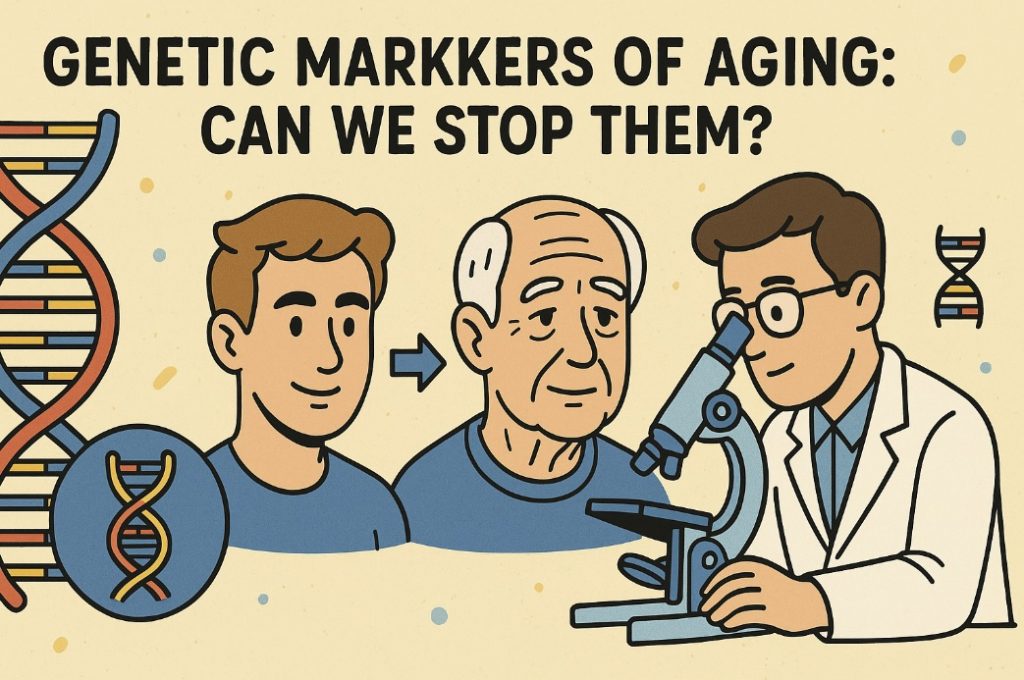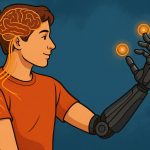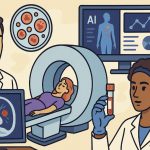Aging is a natural biological process, but science continues to search for ways to slow it down or even reverse it. At the center of this quest are genetic markers—specific biological indicators that reflect how our bodies age on a molecular level. Can understanding and influencing these markers help us live longer, healthier lives?
What Are Genetic Markers of Aging?
Genetic markers of aging are measurable DNA-related indicators that correlate with biological aging rather than just chronological age. The most studied markers include:
- Telomere length – Telomeres are protective caps at the ends of chromosomes that shorten as cells divide. Shorter telomeres are linked with aging and age-related diseases.
- DNA methylation patterns – These chemical tags control gene expression. Changes in methylation can act as an “epigenetic clock” to measure biological age.
- Mitochondrial DNA mutations – Mitochondria provide energy for cells, and their genetic material tends to degrade over time, contributing to reduced cellular efficiency.
- Senescence-related genes – These genes regulate cellular aging and the permanent loss of a cell’s ability to divide.
Can We Influence These Markers?
Research suggests that while we can’t completely halt genetic aging, certain interventions may slow or partially reverse its effects.
1. Lifestyle Factors
- Diet: Caloric restriction, Mediterranean diets, and intermittent fasting have been linked to longer telomeres and better epigenetic aging profiles.
- Exercise: Regular physical activity reduces inflammation and supports mitochondrial health.
- Sleep & Stress Reduction: Quality sleep and stress management can positively influence DNA methylation and hormonal balance.
2. Medical and Biotechnological Interventions
- Senolytics: Drugs that selectively remove senescent cells, potentially improving tissue function.
- Gene editing: CRISPR and similar technologies may one day correct mutations related to accelerated aging.
- Epigenetic reprogramming: Early studies suggest it’s possible to reset cells to a more youthful state using specific transcription factors.
3. Supplements and Pharmaceuticals
- NAD+ boosters (like NMN or NR) aim to rejuvenate mitochondria.
- Metformin and rapamycin are being explored for their anti-aging properties in clinical trials.
Challenges and Ethical Concerns
While modifying aging-related genes sounds promising, the long-term consequences of gene editing or deep epigenetic changes remain largely unknown. There are also ethical concerns around access, equity, and the potential societal impacts of extending human lifespan.
Glossary
- Telomeres – _DNA sequences at the end of chromosomes that shorten with each cell division.*
- DNA methylation – _An epigenetic mechanism where methyl groups modify DNA activity without changing its sequence.*
- Mitochondria – _Cellular structures that produce energy and have their own DNA.*
- Senescence – _A state where cells stop dividing but do not die, often contributing to aging and disease.*
- Epigenetics – _The study of how behaviors and environment can cause changes that affect gene activity.*


